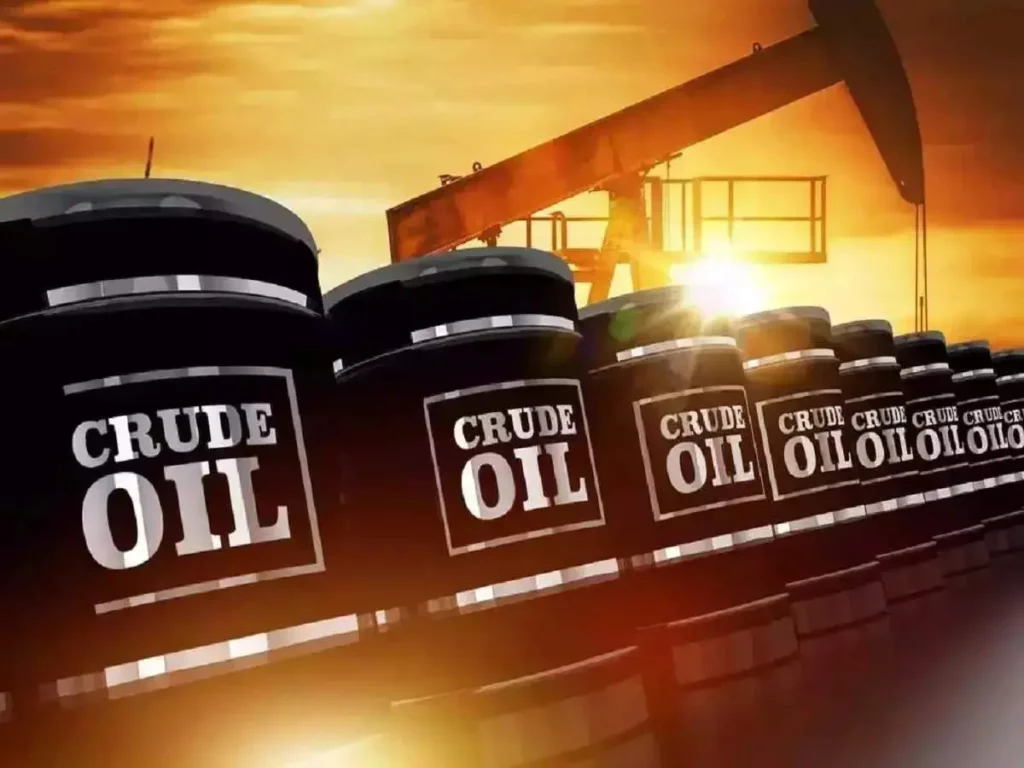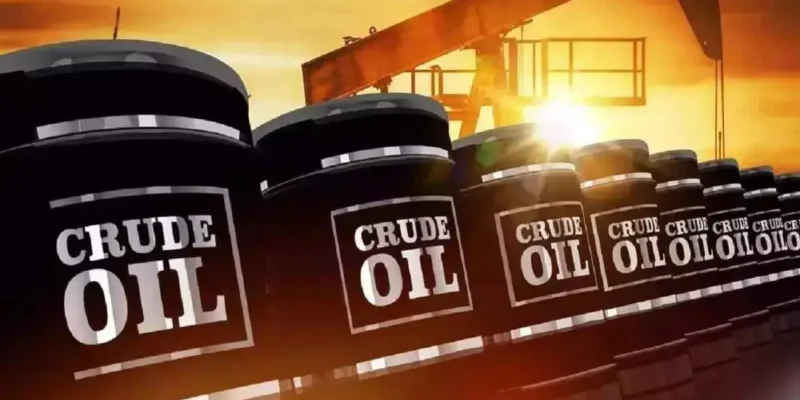
— Pump Price Reduction Likely as Depots Slash Petrol Rates
Nigeria’s 2025 economic outlook faces a fresh wave of uncertainty as the price of Bonny Light, the country’s premium crude oil grade, dropped by 5.09% to $59.62 per barrel in the international market. This decline follows escalating global trade tensions, especially the tariff war triggered by recent hikes announced by the United States.
The drop is further compounded by a decision from the Organisation of Petroleum Exporting Countries (OPEC) and its allies to boost global oil output by 411,000 barrels per day starting May 2025. The double blow of increased supply and weakening global demand has pushed oil prices below Nigeria’s budget benchmark of $75 per barrel.
With the 2025 national budget pegged at N54.99 trillion and based on a projected daily oil production of 2.06 million barrels, the current realities pose significant threats to government revenue. According to data from the Nigerian Upstream Petroleum Regulatory Commission (NUPRC), the country’s actual production in February 2025, including condensates, stood at 1.67 million barrels per day—well below target.
“This is a serious problem,” said Dr. Muda Yusuf, CEO of the Centre for the Promotion of Private Enterprise (CPPE). “We’ve just completed the first quarter of the year, and if the trend continues, it could severely impact our revenue and foreign exchange earnings. This would add pressure to the already fragile exchange rate and general economic stability.”
However, while the development signals trouble for federal revenue, there appears to be a silver lining for consumers. Industry sources suggest that lower crude oil prices may lead to a reduction in petrol pump prices across Nigeria, in line with the principles of a deregulated market.
According to Ehimen Joseph, Chairman of the Lagos Chapter of the Petroleum Products Retail Outlet Owners Association of Nigeria (PETROAN), “If the fall in crude oil prices persists, it will reflect across the entire value chain, including pump prices.”
An anonymous source in the downstream sector hinted that a price review is imminent: “One of our refineries has already halted the printing of petrol tickets in anticipation of a price change. Consumers who recently paid for supply programs are likely to receive discounts.”
Depot-level petrol prices are already dropping. Data from petroleumprice.ng shows reductions across key suppliers:
Mainland: N918/litre (from N920)
A.Y.M: N919/litre (from N920)
Ever: N918/litre (from N920)
Prudent: N912/litre (from N913)
Eterna: N897/litre (from N900)
Soroman: N915/litre (from N916)
Meanwhile, OPEC in its latest report confirmed that eight of its members, including Saudi Arabia, Russia, and the UAE, convened virtually on April 3, 2025, to review global market conditions. These nations had previously pledged additional voluntary output cuts in 2023, but are now navigating a shifting market landscape.
As oil market volatility deepens, Nigeria faces the dual challenge of sustaining fiscal discipline while responding to public expectations for reduced fuel costs.

Comments